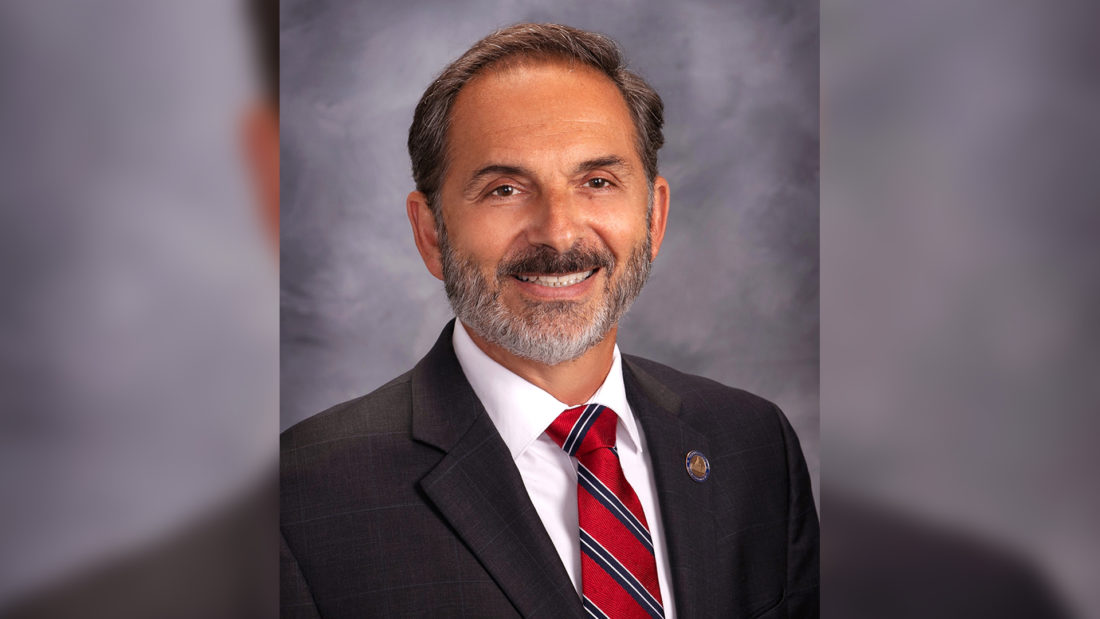State Representative Dave Yaccarino (R-87), House Republican Senior Whip, applauded the passage of SB 660, An Act Expanding Workers’ Compensation Benefits for Certain Mental or Emotional Impairments Suffered by Healthcare Providers in Connection with COVID-19.
Rep. Yaccarino shared his experiences hearing directly from North Haven constituents working as first responders who are also strong advocates of this legislation since its inception. Two sessions ago, a similar bill, now Public Act 19-10, passed with strong bipartisan support. This legislation expanded workers’ compensation benefits to firefighters, police officers, and parole officers. Although Rep. Yaccarino supported the measure, he urged the legislature to expand these benefits further in the next legislative session to include a broader range of first responders. However, the next session (2020) ended abruptly with the onset of the global pandemic, which only strengthened bipartisan resolve to push this bill forward in 2021.
“The original bill passed under the premise that we would be back in the near future to revise the legislation to expand coverage to all first responders suffering with PTSD so that all have access to workers’ compensation benefits,” Yaccarino said. “The work done by first responders is twofold – they must care for others, while also making sure they take time to care for themselves. Oftentimes, as these individuals are caring for others, their own health is compromised as they work to save lives. This legislation addresses the psychological effects on all first responders, but also recognizes that this need likely intensified as a result of COVID-19.”
SB 660 expands workers’ compensation benefits for PTSD treatments to all Department of Correction (DOC) employees, emergency medical service (EMS) providers, dispatchers, and, under certain circumstances related to COVID-19, health care providers, including personal care assistants (PCAs). Additionally, the bill covers nursing home staff. Nursing homes and other long-term care facilities were particularly hard-hit by ongoing public health crisis, hence the urgency to include these workers in the legislation.
The bill is now in concurrence with the Senate and awaits Governor Lamont’s signature
